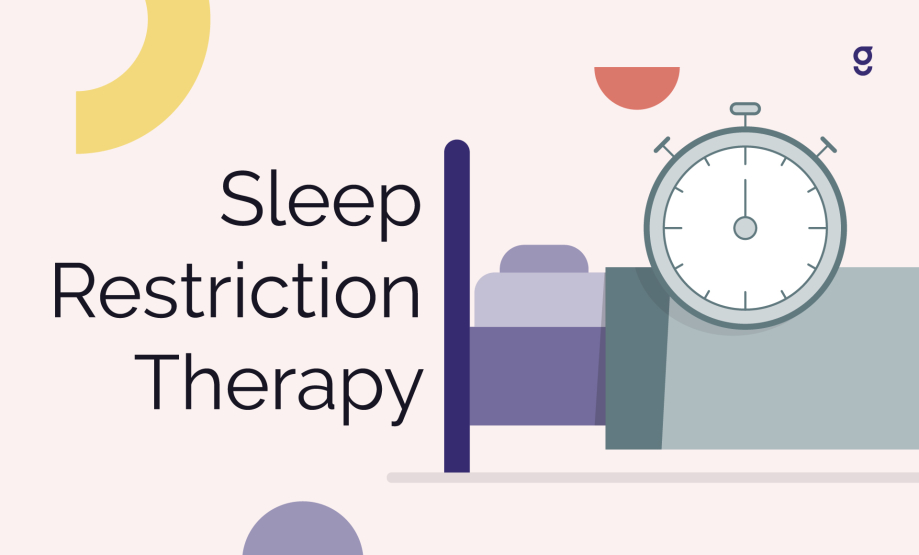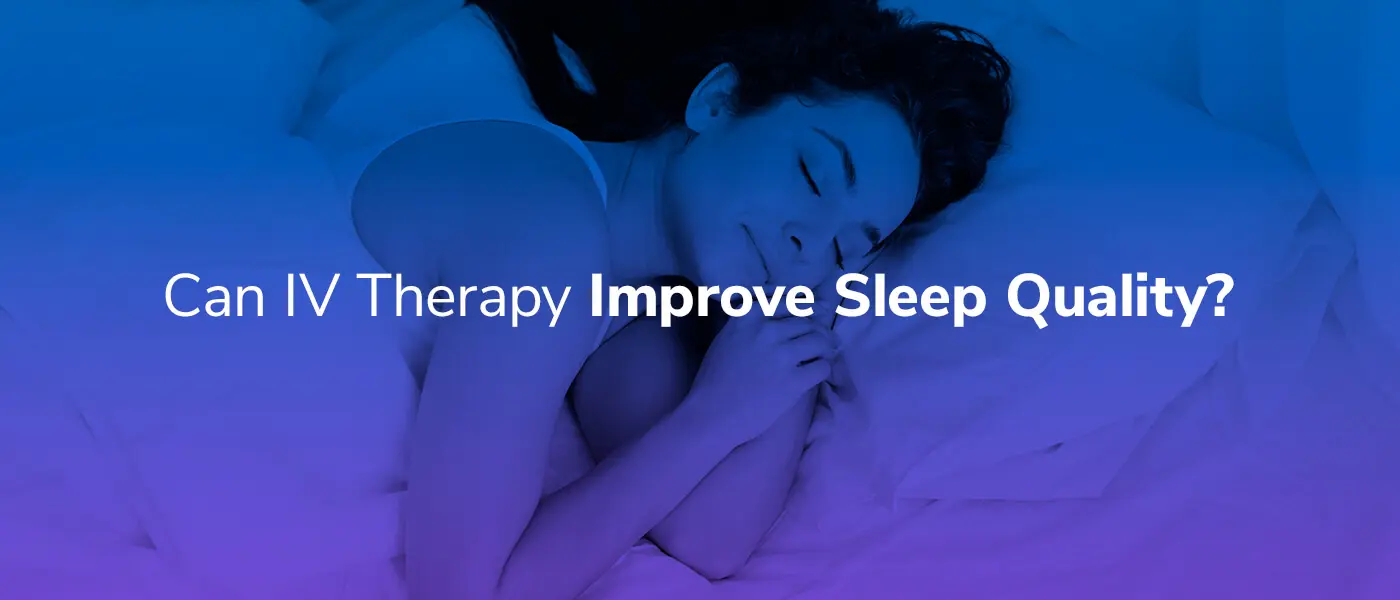Effective Therapy Solutions for Managing Rest Disorders and Enhancing Peaceful Sleep
In the realm of healthcare, the administration of rest conditions and the quest for relaxed rest are essential parts of total wellness. Efficient treatment solutions supply a multifaceted technique to take on these difficulties, ranging from cognitive behavioral interventions to all natural techniques that advertise relaxation and mindfulness. The expedition of numerous methods, consisting of the assimilation of medication and light treatment, opens up a world of opportunities in the pursuit of far better rest top quality. As we browse the intricate landscape of sleep disorders and look for to improve our sleep experience, a much deeper understanding of these treatment remedies might hold the secret to unlocking a more refreshing and meeting corrective trip.
Cognitive Behavior Modification for Sleeplessness (CBT-I)
Cognitive Behavior Modification for Sleeplessness (CBT-I) is a structured, evidence-based treatment approach that concentrates on attending to the hidden variables contributing to rest disturbances. This kind of therapy aims to modify behaviors and ideas that intensify sleep problems, inevitably advertising healthy and balanced rest patterns. CBT-I usually includes a number of vital elements, including cognitive treatment, sleep restriction, stimulation control, and sleep hygiene education.
Cognitive therapy helps people identify and transform adverse thought patterns and ideas concerning sleep that might be preventing their ability to drop or stay asleep. Rest limitation involves limiting the quantity of time spent in bed to match the individual's actual rest period, therefore increasing rest effectiveness (insomnia therapy). Stimulus control methods assist develop a strong organization in between the bed and rest by encouraging people to head to bed just when sleepy and to stay clear of taking part in stimulating tasks in bed
Furthermore, rest health education and learning concentrates on establishing healthy and balanced rest routines, such as preserving a constant sleep timetable, producing a relaxing going to bed routine, and optimizing the rest setting. By attending to these elements thoroughly, CBT-I offers an effective non-pharmacological treatment for managing insomnia and enhancing overall sleep top quality.
Sleep Health Practices
Having developed the foundation of cognitive restructuring and behavioral alterations in resolving sleep problems with Cognitive Behavioral Therapy for Sleeplessness (CBT-I), the emphasis now moves towards exploring crucial Sleep Health Practices for keeping ideal rest top quality and overall well-being.
Sleep hygiene methods encompass a range of practices and ecological factors that can significantly influence one's ability to drop off to sleep and stay asleep throughout the evening. Regular rest and wake times, producing a relaxing bedtime routine, and maximizing the sleep environment by maintaining it dark, peaceful, and cool are essential elements of good sleep health. Limiting exposure to screens prior to going to bed, preventing stimulants like caffeine near bedtime, and engaging in normal physical task throughout the day can likewise promote much better rest quality.
In addition, exercising relaxation strategies such as deep breathing workouts or meditation prior to bed can aid calm the mind and prepare the body for sleep. By integrating these sleep hygiene methods into one's day-to-day routine, individuals can develop a healthy and balanced rest pattern that supports restful rest and general well-being.
Leisure Strategies and Mindfulness
Implementing relaxation strategies and mindfulness techniques can play a critical duty in promoting a feeling of calm and promoting quality sleep. cognitive behavioral therapy for insomnia (CBT-I). These techniques intend to peaceful the mind, decrease tension, and develop an optimal setting for relaxing sleep. One extensively practiced method is deep breathing exercises, where people focus on sluggish, deep breaths to kick back the body and mind. Dynamic muscular tissue leisure involves tensing and afterwards releasing each muscular tissue team, advertising physical leisure. Additionally, assisted images can help deliver individuals to a tranquil place in their minds, aiding in anxiety reduction and improving sleep top quality.
By incorporating these methods right into a going to bed regimen, individuals can indicate to their bodies that it is time to loosen up and prepare for rest. Overall, integrating relaxation methods and mindfulness practices can substantially add to handling rest problems and boosting general sleep high quality.

Medicine Options for Rest Disorders
After exploring leisure techniques and mindfulness methods as non-pharmacological interventions for enhancing rest high quality, it is vital to take into consideration medication choices for individuals with rest disorders. In instances where way of life adjustments and therapy do not offer sufficient relief, medicine can be a beneficial device in managing sleep disruptions.
Generally suggested drugs for sleep conditions include benzodiazepines, non-benzodiazepine hypnotics, antidepressants, and melatonin receptor agonists. Antidepressants, such as trazodone, can be beneficial for people with co-occurring depression and rest disruptions - insomnia specialist.
It is critical for individuals to seek advice from with a doctor to identify one of the most proper drug alternative based on their details rest condition and case history.
Light Treatment for Body Clock Regulation
Light treatment, additionally referred to as phototherapy, is a non-invasive treatment method utilized to control this hyperlink circadian rhythms and boost sleep-wake cycles. This treatment includes exposure to intense light that simulates all-natural sunshine, which helps to reset the body's body clock. By revealing people to particular wavelengths of light, usually in the early morning or evening depending on the wanted effect, light therapy can successfully adjust the body clock to advertise wakefulness throughout the day and boost relaxed rest at night.
Study has actually revealed that light therapy can be specifically helpful for people with circadian rhythm disorders, such as delayed rest stage disorder or jet lag. It can likewise be handy for those experiencing seasonal depression (SAD), a kind of anxiety that normally occurs during the winter season when natural light exposure is reduced. Light therapy is usually well-tolerated and can be used along with other treatment techniques for sleep disorders to optimize outcomes and boost overall sleep quality.
Verdict
In verdict, efficient treatment options for managing rest problems and boosting peaceful sleep consist of Cognitive Behavior modification for Insomnia (CBT-I), sleep health techniques, relaxation you could try here strategies and mindfulness, medication alternatives, and light therapy for body clock policy. These methods can help people enhance their sleep high quality and total health. It is very important to speak with a health care provider to determine one of the most ideal method for dealing with sleep concerns.
As we navigate the intricate landscape of rest conditions and seek to enhance our sleep experience, a much deeper understanding of these therapy options may hold the key to opening an extra refreshing and satisfying restorative journey.
Sleep limitation entails restricting the right here quantity of time spent in bed to match the person's real rest duration, therefore raising rest efficiency. Consistent sleep and wake times, producing a relaxing going to bed regimen, and enhancing the rest environment by keeping it dark, quiet, and cool are essential elements of great sleep hygiene. Light therapy is normally well-tolerated and can be made use of in conjunction with other therapy methods for sleep conditions to optimize outcomes and enhance general rest high quality.
